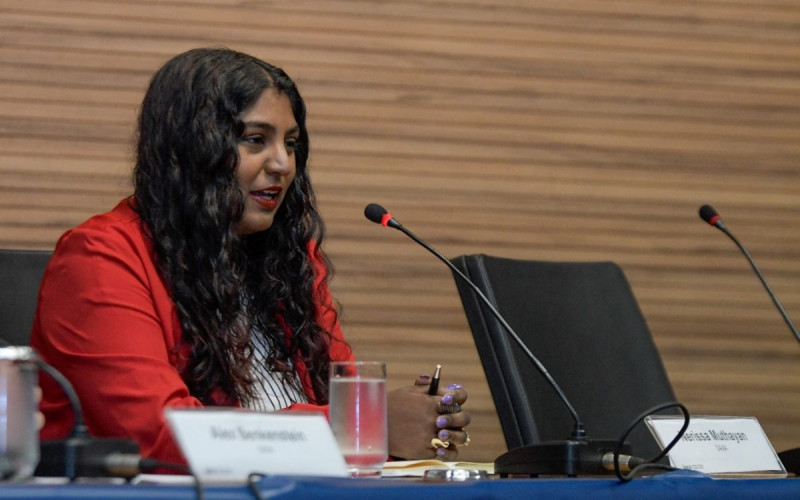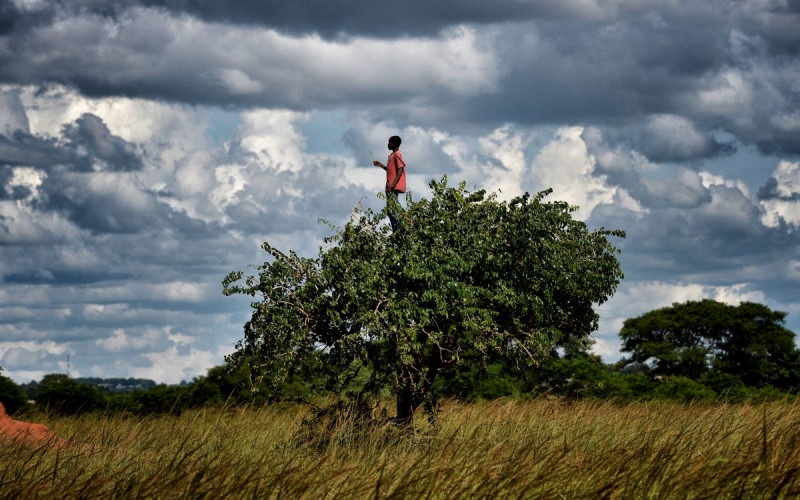Summary:
- As South Africa strives to shape its energy transition trajectory, this report presents a comprehensive framework, highlighting sustained innovations, preferred futures, driving forces, key uncertainties and the imperative to overcome past patterns. It urges policymakers, industries and societies to embrace transformative strategies that steer the nation towards a thriving, equitable and resilient energy future.
- Sustained and Transformative Innovations: The report emphasises sustained and transformative innovations such as regenerative economies, decentralised energy systems and alternative economic models. These innovations reshape resource management, promote equitable economic well-being and foster inclusive governance, underpinning a resilient energy future.
- Preferred Future of Energy in South Africa: Envisioning a preferred future called Regenerative Prosperity, the report promotes a regenerative economy where South Africa collaborates to ensure shared benefits, spillover effects and ecological stewardship. This preferred future values well-being over unlimited growth and leverages collective privilege for positive local and global transformation.
- Driving Forces for Change: The driving forces for change include a shift in cultural values, emergence of civic technologies, collaborative alliances and the recognition of planetary boundaries. These forces collectively challenge extractive practices, inspire innovative collaborations and drive the transition towards a just, equitable and sustainable energy landscape.
- High Impact Key Uncertainties: The report identifies key uncertainties such as geopolitical alignments, economic paradigms and the ability to balance economic growth with environmental stewardship in the context of planetary boundaries and geophysical limitations to unlimited growth. These uncertainties underscore the need for flexible policies, adaptive strategies and the ability to navigate complex interactions between diverse stakeholders.
- Overcoming Used Futures: To overcome ‘used futures’, the report underscores the importance of acknowledging the true costs of energy consumption and production, reevaluating growth-centric economies and fostering intergenerational fairness. Shifting from short-term gains to long-term sustainability requires inclusive governance, innovative technologies and collaboration across borders.
- Contextualising Energy Futures: The report delves into the critical intersection of energy development, sustainability and global interactions. Through the lens of alternative framings like eco-modernism, planetary stewardship, pathways to sustainability, critical post-humanism, post-growth and the great simplification, it examines diverse perspectives to inform South Africa’s energy transition policies and the importance of decision-makers to become aware of their assumptions about human-nature interactions and the quest to overcome energy blindless in certain worldviews.







